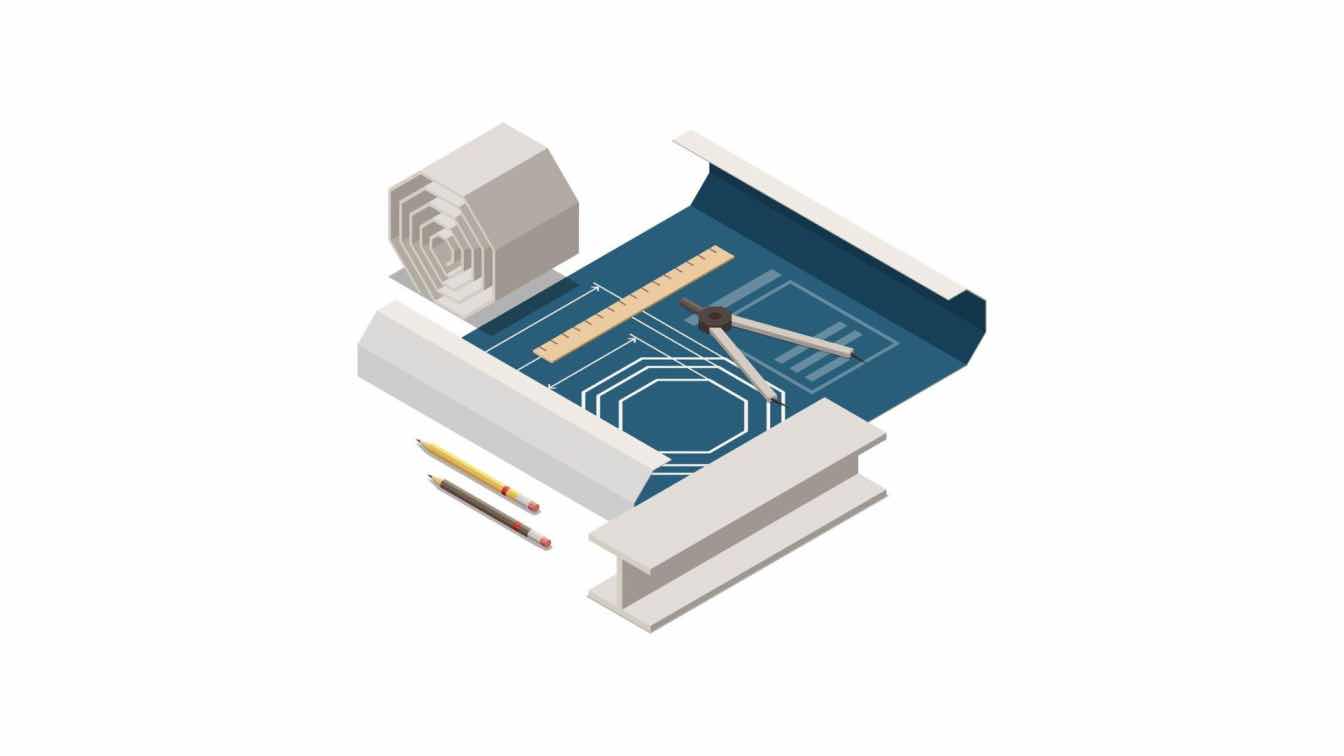Commencing the journey to get an architecture degree can be both thrilling and frightening. This intensive program combines artistry with scientific concepts to educate students in the design and construction of buildings and structures. Whether you're a high school finisher considering architecture or an expert looking for a change of job, this article presents vital recommendations on how to get an architecture degree.
Understanding the Architecture Degree Path
Understanding what the architecture profession involves is important for future students. This information will help you understand the difficulties of the educational process and form realistic рщзуі about the educational path ahead.
How to Get Architecture Degree: Setting the Foundation
For those pursuing an architecture degree, the first step is to become aware of your future educational route. Usually, determined architects choose the Bachelor of Architecture (B.Arch) program, which is a 5-year professional degree accredited by the National Architectural Accreditation Board (NAAB). Select schools carefully based on whether their programs match your career ambitions and learning preferences. Choose programs with rigorous curricula, qualified faculty, and extensive design studio opportunities.
Preparation Before Enrollment
Before enrollment, it is suggested that you deepen your knowledge of architecture by reading books, taking online courses, or participating in summer programs. Develop those skills that will be valuable in your studies, such as drawing, 3D modeling, and computer-aided design. Mastering these skills early can offer you a competitive edge when studying architecture. And remember, it's always possible to pay someone to write your essay when you're overwhelmed. A reliable service for this task is EssayPay. For more than ten years, EssayPay has been a leading force in the market, connecting students with elite academic writers.
Navigating the Academic Journey
Boarding on the academic path leading to an architecture degree is a fascinating but difficult endeavor. Successful completion of this path requires dedication, creativity, and strategic thinking to balance the intensive curriculum, practical skills, and extracurricular activities.
Coursework and Duration: How Long to Get Architecture Degree
Wondering “How long does it take to get an architecture degree?”. Understanding this is crucial for planning your academic and personal life. A B.Arch program typically spans five years, combining theoretical coursework with design studios and hands-on projects. Manage your time wisely between studio work, classes, and internships. Staying organized and organizing your time efficiently will help you cope successfully with your intensive academic program.
Practical Experience
Gaining practical experience plays a key role in architectural education. Participating in internships and workshops, and working on real-life projects whenever possible not only complement your academic studies but are also essential to your career advancement.
Networking and Extracurricular Activities
Take an active part in architectural clubs, competitions, and happenings. Interacting with fellow professionals, professors, and experts provides chances for mentorship, internships, and future employment. Participation in additional architectural engagements helps expand your understanding and skills in the field.
Advancing Beyond the Bachelor's Degree
Obtaining a bachelor's degree is only the first step toward becoming a professional architect. Many graduates seek to broaden their knowledge, specialize additionally, or satisfy professional license requirements to complement their educational preparation.
Pursuing Higher Education
After getting a B.Arch, some students prefer to continue getting a Master's degree in Architecture (M.Arch) or associated fields. This is highly relevant to those who hold a bachelor's degree in an unrelated discipline to architecture. A master's level studies can take from 1 to 3 years, depending on your prior education and the program's framework.
Licensure and Continuing Education
In most regions, practicing as an architect requires passing a licensure exam. Familiarize yourself with the requirements in your area and prepare accordingly. Continuous education and staying updated with industry trends, technology, and regulations are vital for a successful career in architecture.
Tips for Success
Effective Study Habits
Develop balanced study habits by dividing time between theoretical studies and design projects. Regularly seek and apply feedback to improve. Practice time management to meet academic deadlines effectively, and consider joining study groups for a shared learning experience.
Utilizing Resources
Leverage libraries, online databases, and labs to enrich your learning. Engage with faculty for deeper insights and attend guest lectures for real-world perspectives. Utilizing these resources can significantly enhance your architectural knowledge and skills.
Maintaining Well-being
Give priority to your physical and intellectual health by setting up a harmonized routine, including sufficient sleep, eating habits, and physical exertion. Tackle stress through time management and by finding time for downtime and hobbies to foster creativity and prevent tiredness.
Networking and Professional Exposure
Build connections with peers, faculty, and industry professionals through student organizations and conferences. Networking can offer valuable mentorship and open doors to internships or job opportunities, enhancing your educational and professional journey.
Practical Experience and Internships
Seek internships or part-time jobs in architectural firms to apply academic knowledge in real settings. This experience not only boosts your resume but also provides insight into the profession, enhancing your understanding and skills in architecture.
Conclusion
Getting an architecture degree is a considerable standby that needs dedication, imagination, and flexibility. By understanding the academic journey, engaging profoundly in your scholarly and realistic work, and using accessible resources, you can guide your way to a flourishing career in architecture. Understanding how long to get a degree in architecture can help you plan your journey and set realistic goals. However, the most rewarding learning comes from personal engagement and effort. Stay focused, stay inspired, and most importantly, enjoy the journey of becoming an architect.





